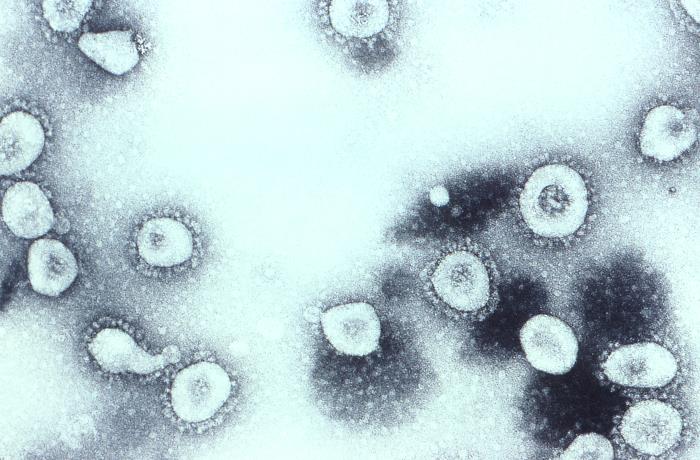
First diagnosed in China, the coronavirus disease 2019 (COVID-19) has spread to 125 countries and territories. Symptoms include fever, cough and shortness of breath, spreading “through respiratory droplets produced when an infected person coughs or sneezes.” As of March 12th, the Centers for Disease Control and Prevention (CDC) has issued travel precautions for China, Iran, South Korea, Italy, Japan and Hong Kong–areas with the highest numbers of cases and deaths–in order to help prevent an outbreak in the United States. As the number of cases grows in the U.S., the CDC recommends that the public take steps to protect themselves from infection. This includes proper hygiene/handwashing, regularly disinfecting objects and areas with high traffic and avoiding touching one’s face. Note that the CDC does not recommend that asymptomatic individuals wear masks. Currently, the CDC warns the public of a potential pandemic. So, how do viruses actually infect the body and spread from person to person?
Viruses are very small microbes made up of nucleic acid (RNA or DNA) and protein. They can spread through the air, body fluids, surfaces exposed to body fluids, and through animals like mosquitos. Viruses cannot reproduce on their own so they must invade a host cell in order to replicate. Once a virus enters the body through an opening like the eyes, mouth and nose, the protein membrane of a virus binds to a cell. The virus then either enters the cell or releases its genetic information directly into the cell. Once inside, the virus takes over and uses the cell’s enzymes to replicate its own DNA or RNA, creating more viruses. The newly created viruses then leave the host cell, sometimes destroying it upon exiting, to then hijack other cells into replicating its RNA or DNA.
Once the body recognizes the intruder, it responds by producing antibodies to attack the virus. However, it can take time for the body to recognize a virus. By the time the body produces antibodies, the virus has replicated itself exponentially, destroying cells and causing a patient to feel ill. Vaccinations can help the body to rapidly recognize the virus by inserting antigens (molecules on viruses) into the body to trigger the production of antibodies. If that same virus enters the body after being vaccinated for it, the immune system already recognizes the intruder and can produce antibodies to destroy the virus before it begins rapidly replicating itself.
Pharmacists play an important role in vaccinating patients. Easily accessible to the public, community pharmacists in all fifty states can administer vaccines without the need for an appointment. Currently, the development of a vaccine for the coronavirus is underway, although a commercially available vaccine will not be available soon. For now though, the CDC recommends preventing disease by practicing appropriate hygiene (e.g., washing hands or using alcohol-based hand sanitizers) and avoiding contact with infected patients.
Please visit the CDC’s website for more information about the coronavirus.

